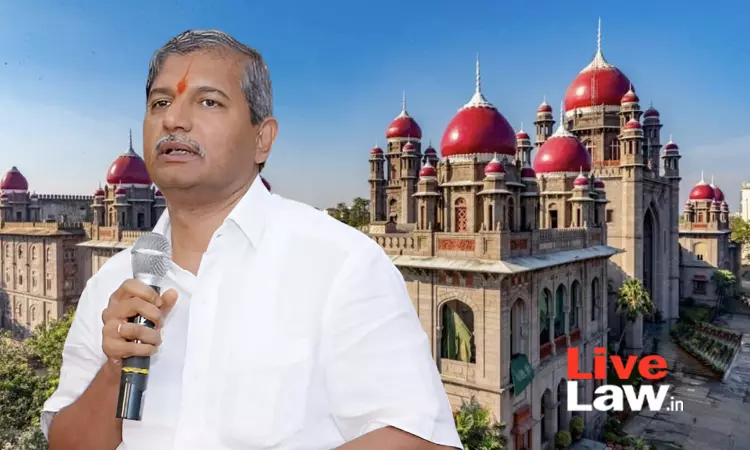Telangana High Court Upholds Cancellation Of Ex-BRS MLA's Citizenship, Imposes ₹30 Lakh Costs
Fareedunnisa Huma
13 Dec 2024 11:31 AM IST

Next Story
13 Dec 2024 11:31 AM IST
Telangana High Court has dismissed a plea filed by MLA Dr Ramesh Chennamaneni with a cost of 30 lakhs, challenging an order passed by the Under Secretary to the Government of India, Ministry of Home Affairs, holding that the petitioner had ceased to be a citizen of India.Justice B. Vijaysen Reddy who was hearing the matter upheld the cancellation upholding that the petitioner on...
